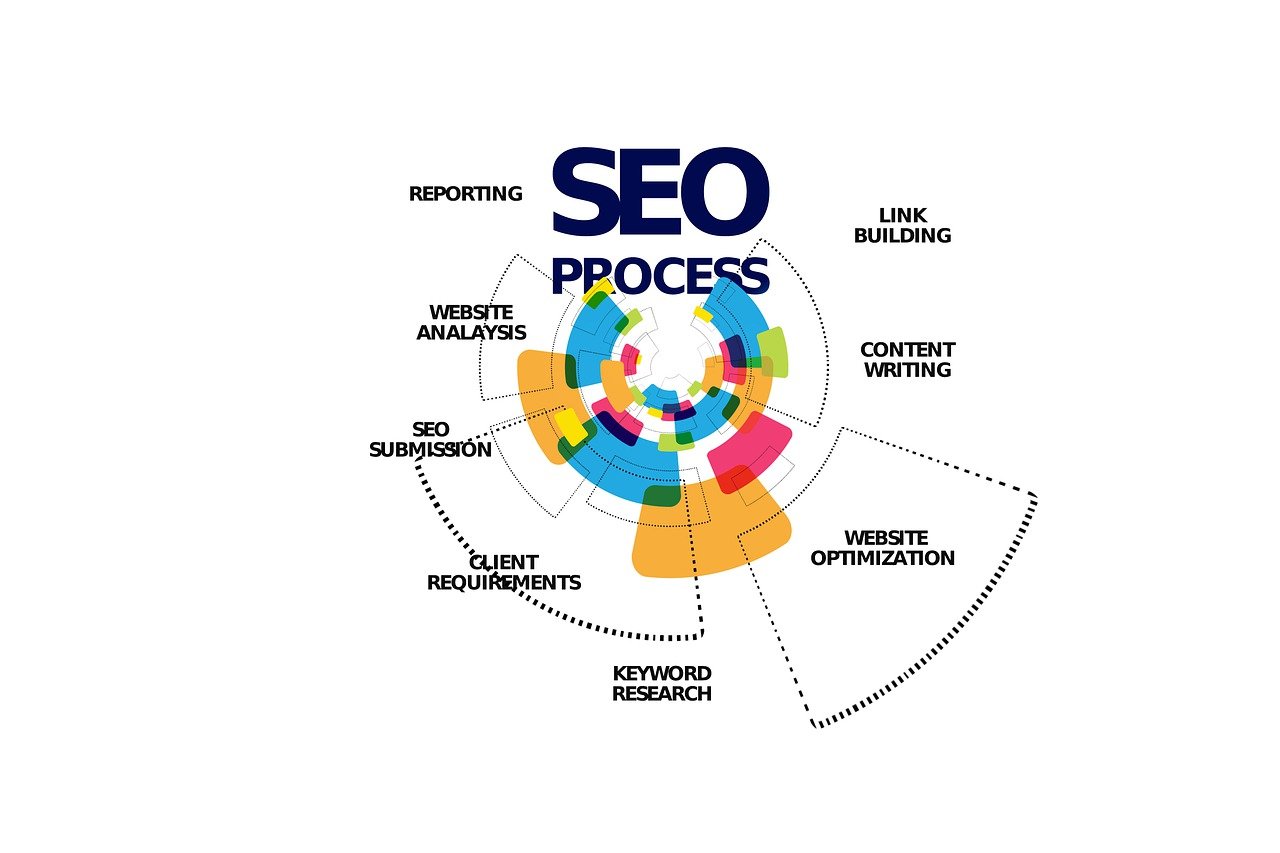3 Tips To Better Business Blogging
By Jaco Grobbelaar on Fri, Sep 15, 2023 @ 05:00 AM

 [This article first appeared here in June 2018 and has been updated and revised to reflect changes and trends that have occurred since.]
[This article first appeared here in June 2018 and has been updated and revised to reflect changes and trends that have occurred since.]
If your business website hosts consistently published blog articles, then you are far ahead of many of your competitors. And it can only get better.
If you're a business owner struggling to maintain a business blog on your website, or an employee that has been tasked with this chore, you already know it can be just that: a chore.
But, the truth is that we can often over-complicate the process and the work required.
Business Blog: Just Build It and They Will Come? Right...?
Now, the prevailing reality is that too many business blogs are largely ineffective. And the three top reasons often cited in prevailing content marketing wisdom are:
- Lack of Quality Content: One of the most common reasons for a business blog's failure to generate traffic is the lack of high-quality, valuable content. If the content is poorly written, unoriginal, or doesn't address the needs and interests of the target audience, it won't attract readers or keep them engaged. Successful business blogs focus on providing informative, insightful, and well-researched content that addresses the pain points and questions of their target audience.
- Ineffective Promotion and Distribution: Even if a business blog has excellent content, it can fail to generate traffic if it's not effectively promoted and distributed. As HubSpot put it, "Your content distribution channels are arguably more important than your content itself, hence why this step comes before content creation and after target audience research. Once you know your target audience, you'll have a better idea of getting your content in front of your followers and customers."
Content promotion is crucial to reach a wider audience. This includes using social media, email marketing, SEO optimization, and other channels to ensure that your target audience is aware of your blog posts. Neglecting these promotion strategies can result in low visibility and traffic. - Lack of Consistency:
Consistency is key to building and maintaining an audience for a business blog. If you publish irregularly or sporadically, readers may lose interest or forget about your blog altogether. To generate consistent traffic, businesses should establish a content calendar and stick to a regular posting schedule. This not only keeps your audience engaged but also helps with SEO by signaling to search engines that your website is regularly updated.
There are other fundamental flaws that afflict poor-performing blogs as well:
- Blog posts that are largely self-promoting advertisements thinly veiled as a blog article
- Sporadic, random posts published inconsistently and infrequently
- Unreadable blocks of dense text with no breaks, no sub-heads, etc.
These are blogging sins you never want to be guilty of. Being a mediocre writer is not a blogging sin - good is usually good enough as a blog is not a venue for literary excellence.
Now, one could argue that blogs are simply a waste of time for businesses so why have one? The answer to that is if your blog is guilty of the previously mentioned practices, then you would be better off without it. However, a solid case can be made for the benefits of a well-done business blog.
Your Business Blog: Build It Well, Publish Well, and They Will Come
We've said it here before, but it bears repeating: creating and sharing valuable and fresh content on your own your website is an essential part of an effective inbound marketing approach. HubSpot, for example, points out that,
"Inbound marketing starts with content. A blog is the single best way to attract new visitors to your website. In order to get found by the right prospective customers, you must create educational content that speaks to them and answers their questions."
But you still may wonder whether simply publishing regular and consistent blog posts can actually generate traffic to your site? The simple answer is, yes, it can.
In fact, our friends at HubSpot has found a number of compelling statistics to support this contention, but here are just a few:
- Blogging is the third most common content marketing strategy, after video and eBooks. (HubSpot)
- 70% of people would rather learn about a company through articles rather than advertisements. (DemandMetric)
- Businesses that blog get 55% more website visitors than businesses that don't. (HubSpot)
- Marketers who prioritized blogging received 13X more ROI than companies that did not in 2019. (HubSpot)
The point here is not so much that you should be posting blog articles as it is that posting blog articles does, indeed, generate traffic.
And well built blog posts generate traffic better.
Three Tips to Better Blogging
There are probably a number of incremental improvements that could be made to any blogging effort, However, there are certain points that should be considered in order to optimize your posts for search engines, particularly Google.
Here are the top three tips for producing an effective blog for a business:
Understand Your Audience
Before you start creating content, it's crucial to have a deep understanding of your target audience. Who are they? What are their pain points, interests, and needs? Conduct market research and create buyer personas to guide your content strategy.
Tailor your blog posts to address the specific challenges and questions your audience has. When you create content that resonates with your audience, you're more likely to attract and retain readers.
Provide Value and Quality
High-quality content is the cornerstone of a successful business blog. Your blog posts should provide genuine value to your readers. Offer solutions to their problems, answer their questions, or educate them about topics related to your industry.
Use clear and engaging language, and ensure your content is well-researched and accurate. Visual elements like images, infographics, and videos can also enhance the quality of your blog posts.
Consistency and Promotion
Consistency is key in maintaining a successful business blog. Create a content calendar and stick to a regular posting schedule. This helps keep your audience engaged and informs search engines that your site is active. Additionally, actively promote your blog content.
Share it on social media, send it to your email subscribers, and engage with your audience through comments and discussions. Use SEO best practices to optimize your content for search engines, making it easier for potential readers to find your blog.
Business Blogging as a Content Marketing Strategy
Remember that blogging is a long-term strategy. It may take time to see significant results, but if you consistently produce valuable content and promote it effectively, your business blog can become a valuable asset for building brand authority, attracting customers, and generating leads.
Fundamentally, blogs serve as virtual libraries, enriching visitors' understanding of a website's products or services. Their educational mission positions the business as an expert in the field, a reliable source that consumers are encouraged to revisit.
Despite the numerous benefits of blogs, they are often challenging to master. To yield lasting results, businesses must wholeheartedly commit to their maintenance.
However, when executed effectively, a business blog can be a potent asset for captivating readers and enhancing SEO rankings.
Getting Help With Your Inbound Marketing Efforts
Inbound marketing is a great approach for building your business. But achieving your marketing objectives using content as a marketing strategy does take time. It won't happen with a few blog posts or some other great content. People will need to consume your content for a while before they contact you.
But, without your content compelling them to contact you, your goals may never be met.
The good news is that you don't have to figure out alone. In fact, one of the best investments you can make with your marketing budget is to partner with a solid firm like Petaluma-based BroadVision Marketing. We are your local partner for your local marketing needs.
Click the button below to learn more about our services, or call BroadVision Marketing at 707-799-1238.
You May Also Like
These Related Stories

How To Optimize Your Blog Posts For Local Traffic

Multi-Channel Distribution Is The Key To Expanded Content Marketing Reach

.png?width=302&height=75&name=BVM%20Logo%20-%20transparent%20(1).png)







No Comments Yet
Let us know what you think